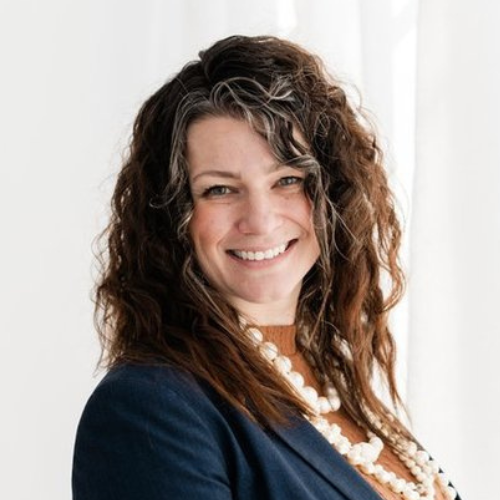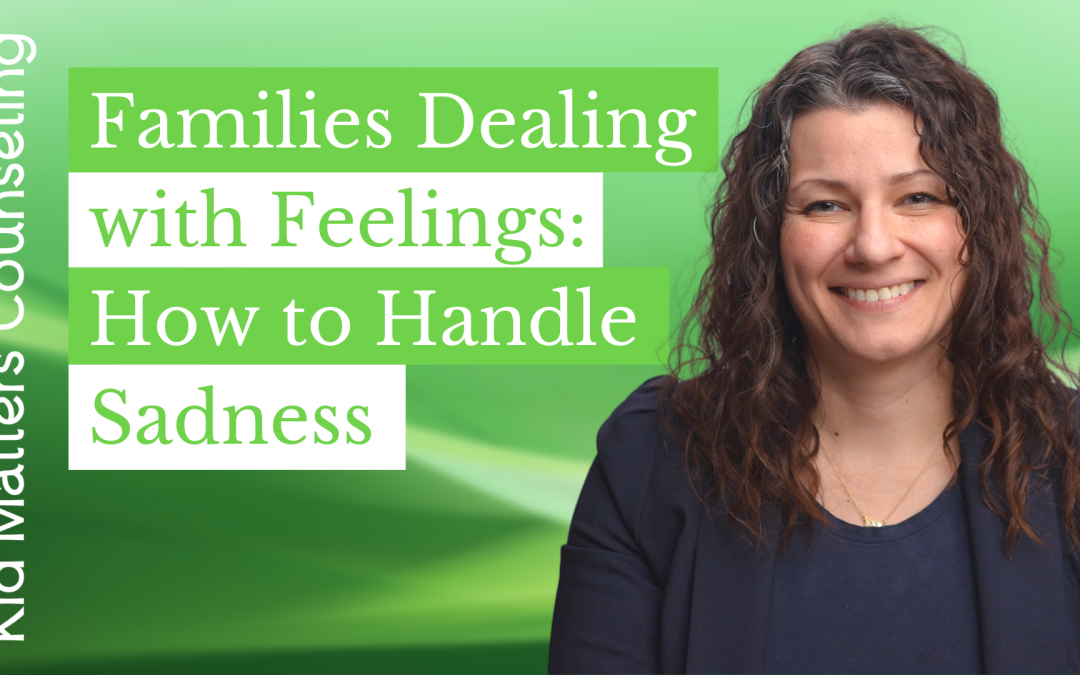DISCLAIMER: The topics discussed in this podcast should be considered a matter of personal opinion. They do not reflect professional advice. If you or your child is in need of mental health counseling support, please search out a licensed counselor.
Sadness is a complex emotion that can be difficult to define.
Some feelings around the word sadness that come to my mind when I think of sadness are:
- Heartache
- Grief
- Unhappiness
- Depression
- Melancholy
- Sorrow
- Regret
- Misery
- Dejection
Each individual experiences sadness differently, and it can be caused by a variety of factors, such as heartache or depression.
When we experience sadness, it can manifest in physical sensations, such as pain or numbness, and emotional reactions, such as tears or blank stares.
It’s important to explore your own relationship with sadness and how it was addressed in your family of origin.
Was it acceptable to be sad?
Was sadness acknowledged and validated?
Understanding your own relationship with sadness can help you better recognize and address it in your children.
As caregivers, it’s important to allow our children to feel and express sadness. It’s a natural part of the human experience and can lead to growth and healing. We can help our children understand and cope with sadness by using books and other media as discussion prompts. Inside Out and When Sadness is at Your Door are great resources for children and adults alike.
When addressing sadness, it’s important to validate your child’s feelings and let them know that it’s okay to be sad. Seeking support from others, such as a therapist or support group, can be helpful in coping with sadness.
If you suspect that your child’s sadness is more than just a passing emotion, it’s important to seek extra help. Depression and other mental health concerns can manifest as sadness, and it’s important to address these concerns with a healthcare professional.
In conclusion, sadness is a complex emotion that can be difficult to define and address. As caregivers, it’s important to allow our children to experience and express sadness, and to provide support and validation when they do. By understanding our own relationship with sadness and seeking help when needed, we can provide a safe and nurturing environment for our children to grow and heal.
Remember, it’s okay to be sad sometimes, and it’s important to talk about our feelings and seek support when needed. Don’t parent alone.
Don’t have time to watch? You can listen to the full episode below!
Click here to subscribe and be notified when new episodes are released!

Susan Stutzman
Owner | Child Therapist | LCPC, RPT
Parenting is hard! But you don’t have to do it alone. I work with children and parents to resolve emotional conflict, cultivate healing, and nurture hope.
New Clients Call: (855) 586-1802
Current Clients: (855) 543-7687
Ask Us Anything!
We help anxious kids and frustrated parents. We serve Hinsdale & the Western Suburbs of Chicago.
Made with ♥︎ in Hinsdale, Illinois for Chicago
Built By Brand Your Practice.
Kid Matters Counseling, P.C. DISCLAIMER: This website and blog are for informational, educational and general discussion purposes only. It is understood that no guarantee or warranty arises from the information provided, discussed or commented upon in this website and blog nor does it constitute legal or other professional advice on any subject matter. Access to this website and blog is voluntary and at the sole risk of the user. If you think that you have a medical emergency (including clinical), call your doctor or 911 immediately. A licensed medical professional should be consulted for diagnosis and treatment of any and all medical conditions. While the information contained within this website and blog is periodically updated, no guarantee is given that the information provided is correct, complete, and/or up-to-date. See our complete Privacy Policy and Terms of Service.





